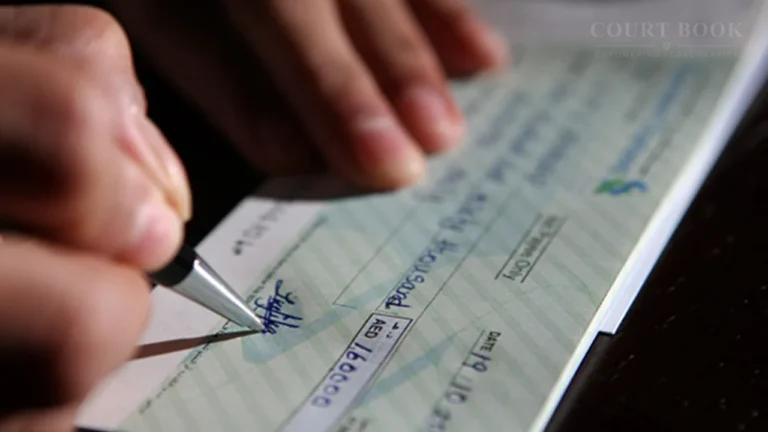The Delhi High Court on Wednesday (3 September 2025) refused to quash criminal proceedings against Smt. Rama Oberoi in a cheque dishonour case. Justice Girish Kathpalia came down heavily on the petition, calling it "completely frivolous" and even imposed a cost of ₹10,000 on the petitioner.
Background
The case arose when Oberoi was summoned by a trial magistrate to face trial under Section 138 of the Negotiable Instruments Act, a law that makes cheque bouncing a criminal offence.
The petitioner challenged this order, arguing that the complaint had been filed prematurely, before the statutory period allowed by law. Her counsel further argued that the cheques did not bear her valid signatures and that since a civil suit for recovery had already been filed by the complainant, the criminal complaint should not stand.
Court's Observations
Justice Kathpalia, after briefly hearing the arguments, found no merit in them. On the question of civil and criminal proceedings running parallel,
The Court Clarified:
"Where both, a civil remedy as well as a criminal remedy for any transaction are available, the aggrieved person can avail both."
Read also:- Delhi High Court quashes dowry harassment FIR after couple reaches amicable settlement
He explained that while the civil suit aimed at recovery of the amount, the criminal case was intended to impose punishment for failing to honour a cheque despite notice.
On the issue of timing, the judge broke it down for clarity. The law gives 15 days after receipt of a statutory notice to make payment. If the drawer does not pay, a further one month is allowed to file the criminal complaint. In this case, the statutory notice was served on 22 September 2022, which meant the last date to pay was 7 October. The complaint, filed on 29 October, was well within the permissible time.
"The argument is completely devoid of merit," the bench said.
The defence's last stand was that Oberoi's cheques did not carry genuine signatures. But the High Court refused to entertain this point at the quashing stage.
Read also:- Himachal Pradesh High Court Quashes Pension Rejection, Directs Reconsideration for Retired Class-IV Employee
Justice Kathpalia Observed,
"Whether or not those signatures are genuine is a matter of trial. The High Court… shall not carry out a mini trial."
Decision
Concluding the matter, the High Court dismissed the petition outright. Calling it frivolous, Justice Kathpalia imposed a cost of ₹10,000, directing Oberoi to deposit the amount with the Delhi High Court Legal Services Committee within two weeks.
The accompanying applications were also disposed of, and the trial court has been asked to ensure compliance with the cost order.
Case Title: Smt. Rama Oberoi vs State NCT of Delhi and Anr















